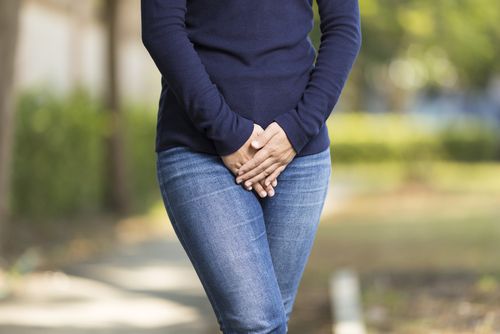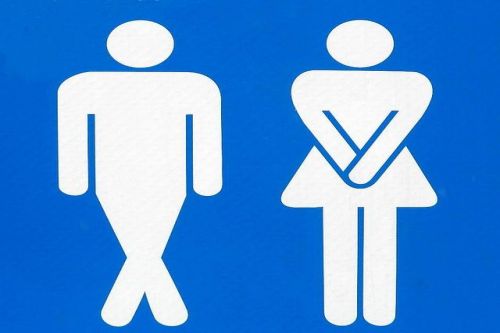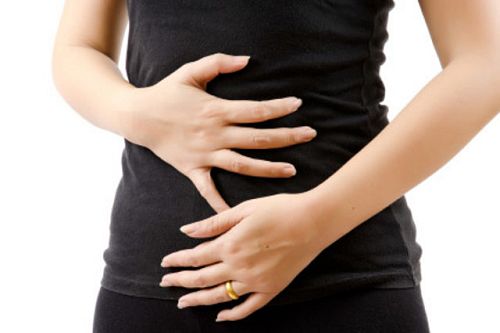The healthy bladder and bowel

First of all, it is important to understand how your bladder and bowel work and how to maintain healthy bladder and bowel habits.
What is normal?
It is important, when thinking about your bladder and bowel habits, to know what can be considered normal, and what instead is unusual.
An adult with good bladder and bowel health is expected to be able to hold their urine and stool in normal circumstances and during every day activities like walking, moving, running, lifting, sneezing.
They should open their bowels 1-2 a day or every other day, and they should be passing urine between 3 and 7 times a day, and between 0 and 1 times per night.
The stools should be formed and soft, and the urine should be a pale straw colour (except in the morning, when itís a little more concentrated).
Within these ranges there are exceptions of course: this information gives you an outlook on the average population.
How to maintain good bladder and bowel health
Healthy bladder habits
You should be drinking between 1.5 and 2 litres of fluid a day, this includes ALL fluids you have (even teas, milk on your cereal, and soup!). Any more, and youíll pee more, any less and your urine will become concentrated and irritate your bladder.
Remember: even when you are not drinking, your bladder is still filling up with urine (between 5-10ml per minute!) just that it will be more concentrated: this will irritate your bladder.
Caffeine is a stimulant and irritates the bladder: it is found in coffee, tea, green tea and chocolate. These should be avoided as much as possible, and at least kept below the 200ml mark per day.
Other drinks that irritate the bladder are: fizzy soft drinks, lemon juice and alcohol.
Healthy bowel habits
Your diet should be rich in fibre and you should keep yourself hydrated: this will help keep your stools soft and avoid constipation. Straining and bearing down can affect your pelvic floor muscles, so a good position when going to the toilet is the one below:
Last updated20 Mar 2025





